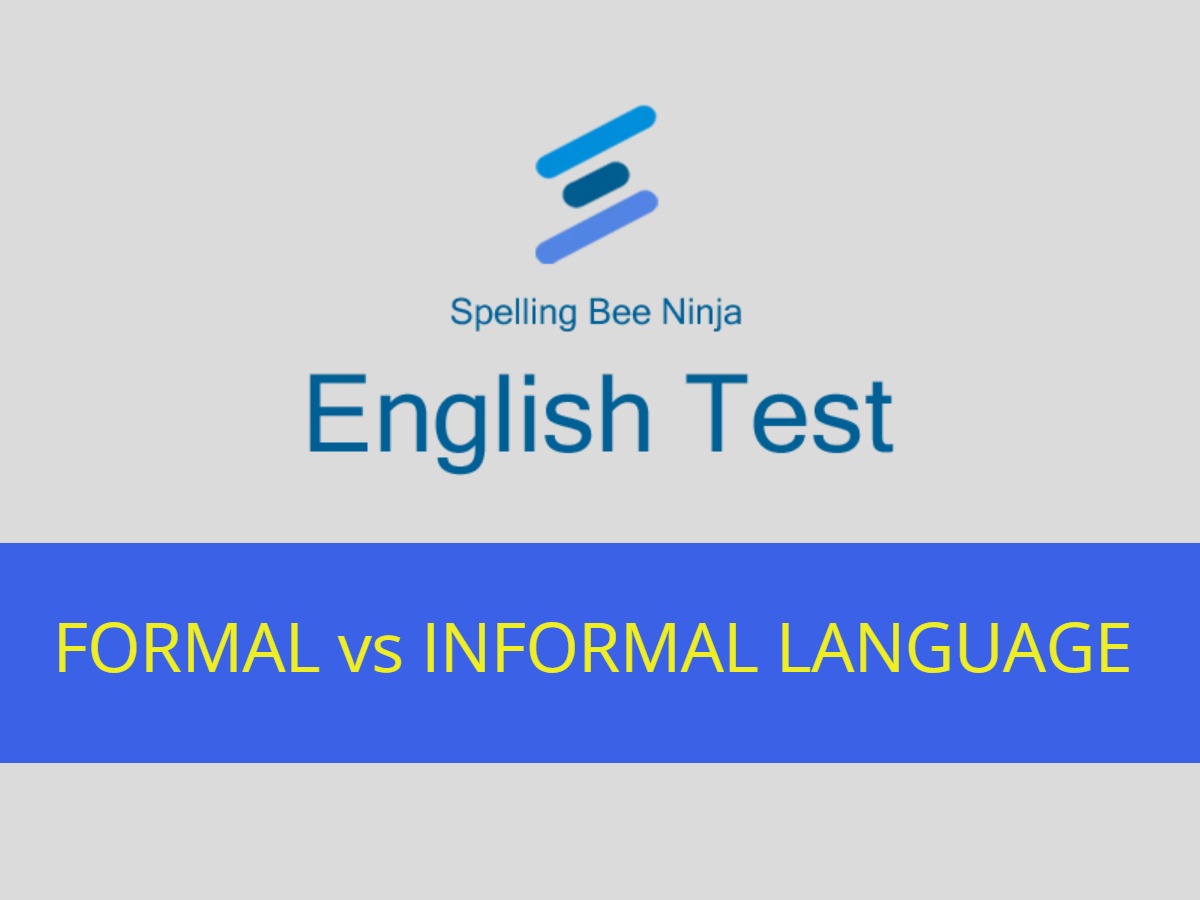- 🎓 English Test – Parts of Speech
- 🎓 English Test – The Future Perfect Continuous Tense in English
- 🎓 English Test – Pronouns in English
- 🎓 English Test – Sentence Structure
- 🎓 English Test – Future Perfect Tense
- 🎓 English Test – Future Continuous Tense
- 🎓 English Test – Future Simple Tense
- 🎓 English Test – Past Perfect Continuous Tense
- 🎓 English Test – Past Perfect Tense
- 🎓 English Test – Past Continuous Tense
- 🎓 English Test – Present Simple Tense
- 🎓 English Test – Past Simple Tense
- 🎓 English Test – Present Perfect Continuous Tense
- 🎓 English Test – Present Perfect Tense
- 🎓 English Test – Present Continuous Tense
- 🎓 English Test – The 12 Tenses in the English Language
- 🎓 English Test – Modal Verbs
- 🎓 English Test – Could, should and ought
- 🎓 English Test – Will vs Shall
- 🎓 English Test – What vs Which
- 🎓 English Test – Suffixes
- 🎓 English Test – Prefixes
- 🎓 English Test – Pronunciation
- 🎓 English Test – Misspelled Words
- 🎓 English Test – Writing an Essay
- 🎓 English Test – Writing an Email
- 🎓 English Test – Idiomatic Expressions
- 🎓 English Test – Business English
- 🎓 English Test – Writing a Letter
- 🎓 English Test – Writing Numbers
- 🎓 English Test – Adjectives
- 🎓 English Test – ESL Vocabulary Essentials – Intermediate
- 🎓 English Test – ESL Vocabulary Essentials – Advanced
- 🎓 English Test – Formal vs. Informal Language
- 🎓 English Test – ESL Vocabulary Essentials – Beginner
- 🎓 English Test – English Fluency Check
- 🎓 English Test – Mastering Imperatives in English
- 🎓 English Test – Cultural Awareness
- 🎓 English Test – Difficult Words
- 🎓 English Test – Comparative and Superlative Adjectives
- 🎓 English Test – Types of Phrases
- 🎓 English Test – Conditionals
- 🎓 English Test – Types of Adverbs
- 🎓 English Test – Clauses
- 🎓 English Test – Homophones
- 🎓 English Test – Possessives
- 🎓 English Test – Noun Types
- 🎓 English Test – Gerunds and Infinitives
- 🎓 English Test – Question Formation in English
- 🎓 English Test – Understanding Common Sentence Errors
- 🎓 English Test – Direct and Indirect Speech
- 🎓 English Test – Conjunction Words
- 🎓 English Test – Tricky Words
- 🎓 English Test – Prepositions
- 🎓 English Test – Adverbs
- 🎓 English Test – Active and Passive Voice
- 🎓 English Test – How to use Punctuation
- 🎓 English Test – An overview of English tenses
- 🎓 English Test – How to use Articles in English
Test Your Knowledge on Formal vs. Informal Language
Understanding the difference between formal and informal language is a key skill for anyone learning English, especially ESL learners and K-12 students. Language is not just about words and grammar; it’s also about knowing how to use language appropriately in different situations. Formal language is typically used in professional, academic, or official settings, where politeness, respect, and clarity are important. Informal language, on the other hand, is more relaxed and casual, often used with friends, family, or in everyday conversations.
This quiz is designed to help you check how well you have understood the key concepts about formal and informal language. It will test your ability to recognize when to use formal or informal expressions, identify the correct language style for different situations, and understand the differences in vocabulary, tone, and grammar between the two.
Each question offers multiple choices, but only one answer is correct. After each question, you will find an explanation that helps you understand why the correct answer is right and why the other options are not. This way, the quiz is not only a test but also a learning opportunity.
By taking this quiz, you will become more confident in choosing the right words and tone for your writing and speaking. Whether you are writing an email to a teacher, chatting with a friend, or giving a presentation, knowing the difference between formal and informal language will help you communicate clearly and appropriately.
Remember, formal language usually avoids slang, contractions, and casual phrases. It uses complete sentences, polite phrases, and sometimes more complex vocabulary. Informal language is friendlier, uses contractions like “I’m” or “can’t,” and often includes slang or idioms.
So, get ready to challenge yourself and see how much you have learned about formal and informal language. Good luck!



